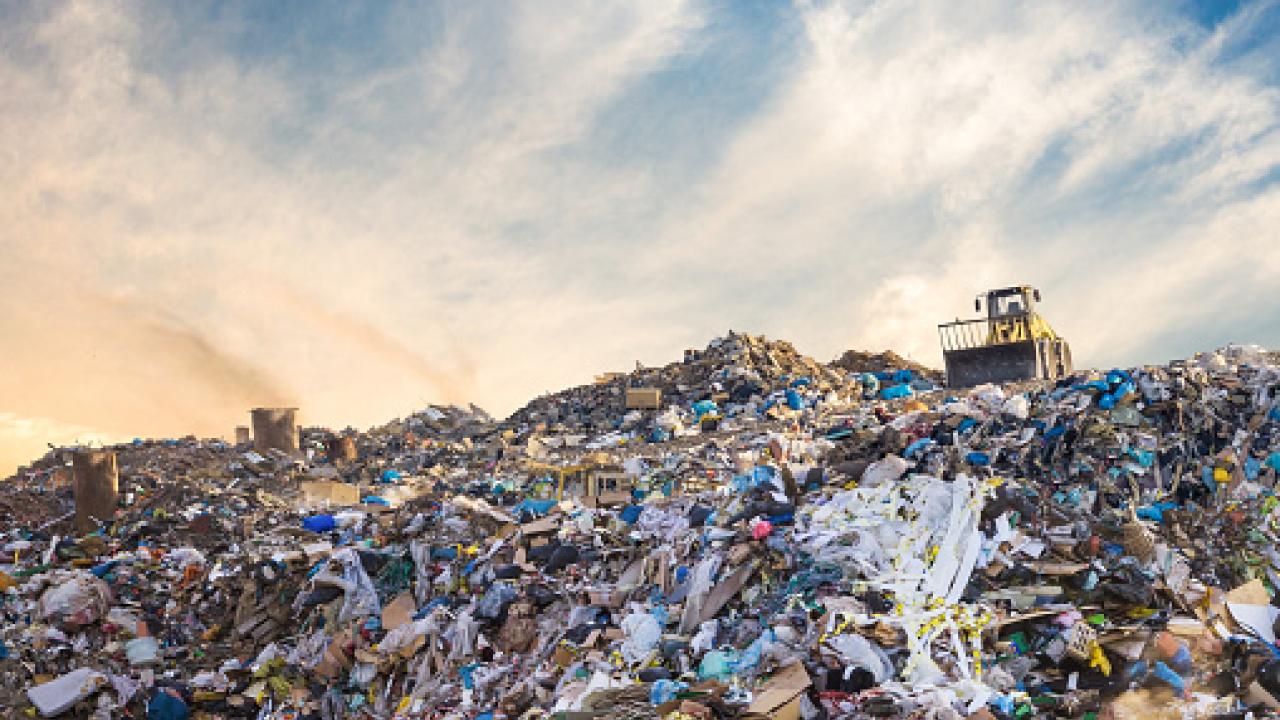
NEW Peer-Reviewed Journal Article Alert: Intersectional and Entangled Risks: An empirical analysis of disasters and landfills in Frontiers in Climate
Landfills are environmental hazards linked to harms, such as the production of greenhouse gases and the accumulation of toxins in natural and human systems. Although environmental justice research has established such unwanted land uses as hazardous waste sites occur in poor communities and communities of color, less is known about the relationship between landfills and gender. As a driver of global climate change, there is also limited research into the relationships among disasters, landfills, and climate-related risks. To fill this gap, the current study uses an intersectional approach to theorize and empirically analyze relationships among landfills, disasters, race, class, and gender. We employ negative binomial regression to analyze a unique U.S. dataset of landfill counts, total number of disasters, and socio-demographic characteristics, including the use of two-way interactions among race, sex, and socioeconomic status variables, and number of federally-declared disasters that influence landfill counts. Findings suggest that intersecting axes of social location (specifically gender and race) are not multiplicative when it comes to landfills or the environmental risks they pose, but we argue may be entangled – that is related in non-linear and complicated ways. Using intersectionality theory, we interpret the findings to indicate that women of color are agents of resistance enacting their own forms of power against dominant structural arrangements that produce and maintain environmental injustices. Conclusions and implications for environmental justice, intersectionality, and climate risks are further discussed.
-
Cannon, Clare E. B. 2021. “Intersectional and Entangled Risks: An empirical analysis of disasters and landfills.” Frontiers in Climate-Climate Risk Management, 13 December, https://doi.org/10.3389/fclim.2021.709439.